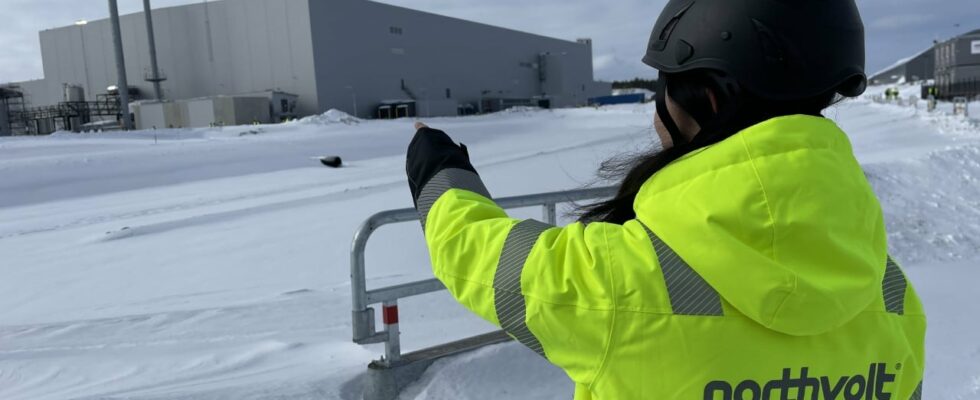A violent wind is blowing across European deep tech. In recent weeks, the Swedish manufacturer of batteries for electric vehicles Northvolt and the German manufacturer of vertical take-off vehicles Lilium, created in 2015, as well as the French producer of proteins and natural fertilizers based on insects Ynsect, born in 2011, have are placed in safeguard to protect themselves from their creditors. These companies, which came of age between 2018 and 2022, when money was flowing freely into the tech sector, are the children of the period of zero interest rates.
Thus, during their young history, they have respectively raised no less than 10, 1.5 and 0.7 billion euros in debt and capital. Added to this are direct subsidies. At the height of the bubble, in September 2021, Munich-based Lilium entered the Nasdaq through a reverse merger with Qell Acquisition Corp. worth $3.3 billion. This parenthesis ended with the most brutal rise in key rates in modern economic history. It takes with it many high-growth companies but with uncertain profitability horizons.
The temptation is great, in these moments of difficulty, to turn to the States and deplore that Europe is showing itself, here, to be less interventionist than Uncle Sam. Lilium has sought in vain in recent weeks to obtain a loan of 100 million euros from the German government, with a lot of lobbying from its investors and other entrepreneurs. But Berlin, undoubtedly heated after having promised 902 million euros to Northvolt at the start of the year, preferred to pass on this time. Europe, via the EIC and the EIB, has largely financed these three companies.
Northvolt in too much of a hurry
Well beyond the financial question, these failures are actually part of operational difficulties. The success of a start-up depends above all on its ability to innovate with limited resources and its concentration on a few subjects. Too many resources lead to dispersion. Northvolt wanted to build seven factories simultaneously in California, Quebec, Germany, Portugal, Poland and Sweden. Running a factory is already a difficult exercise. Tesla, for example, did not build its first site itself, but bought one from Toyota in 2010. This factory, which now manufactures 12,000 vehicles per week, produced only 60 in 2012 and a meager thousand in 2015. Tesla only opened its second factory in 2017, in Nevada.
The notion of “deep tech” is also too vague. The qualifier should be reserved for companies working on disruptive technologies, such as quantum, life sciences or nuclear fusion. If a start-up’s competitive barrier is the improvement of a production process, even with a good patent portfolio, it is a industrial tech. This means that the gap with its competitors is only 10 to 20% and that it is at the mercy of the slightest operational error or an exogenous event. Northvolt illustrates the problem well. The manufacturer had focused on technology based on an NMC (nickel, manganese, cobalt) cathode in its Swedish factory, while the LFP (lithium, iron, phosphate) cathode is gaining market share. Its differentiator was less the performance than the carbon weight of production of its batteries. Last year, the company announced a density of 160 Wh per kilogram for its sodium-ion battery, a figure already reached by its Chinese competitor CATL and which BYD, the other Chinese manufacturer, also claims to be approaching.
As for vertical takeoff vehicles (EHang, Archer, Volocopter, Wisk, Vinata, etc.), they certainly have different designs but their performances are similar. Lilium was betting on a larger vehicle – five passengers compared to two among its competitors – and a slightly greater range. Nothing revolutionary yet. As for Ynsect, with 30 patents, the company held 40% of the total patent portfolio held by the top 10 insect producers. But the cost of producing 1 ton of insects, which could rival that of fish meal, is made up of 30% of the cost of electricity. Suffice to say that an energy shock like that of 2022 is enough to erase your technological advantage.
.
